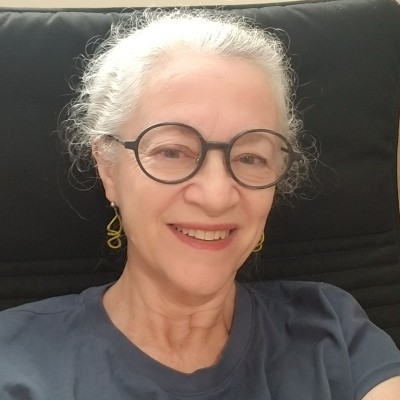
Co-Chair
Alies Maybee
Toronto, Ontario
Since 2011, Alies has brought her patient, caregiver, and technology background to her commitment as a patient partner. At her local hospital, Alies was a founding co-chair of the Community Engagement Council. She collaborates at the provincial, regional, and local levels with a focus on digital health and is on several advisory committees at the federal level.
Her second focus is on patient engagement (PE) practices. She has developed and implemented an innovative PE framework and is currently experimenting with a novel way to hear from diverse perspectives on health equity.
In the research area, Alies has been a patient partner on more than ten research projects, has led peer research into being a patient partner in research and delivered workshops on partnering with patients. She has evaluated hundreds of grant applications on a research management committee.
She is one of 12 co-founders of the Patient Advisors Network (PAN).
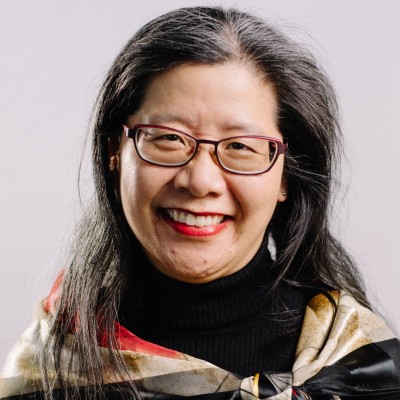
Amy Ma
Montreal, Quebec
Amy Ma is currently a patient / citizen advisor with Choosing Wisely Canada. She is actively involved in Empowering the patient / citizen voice across Canada with organizations such as the Patient Advisory Network, L’Appui Montreal (caregiver advocacy), and Nourish (environmental nutrition).
Amy’s journey in health system advocacy began when she joined the Family Advisory group at her local children’s hospital, as she had one child who had two surgeries before the age of two. Since then, she got involved during the hospital’s accreditation process, lobbied for lower hospital parking rates, and even got people with disabilities involved in a city-wide mass casualty simulation.
Ongoing projects include co-designing a brochure with Indigenous communities that regularly go to Montreal for care and exploring the impact of digital health on equity. Amy has an interest in maternal mental health, accessibility, and health equity.
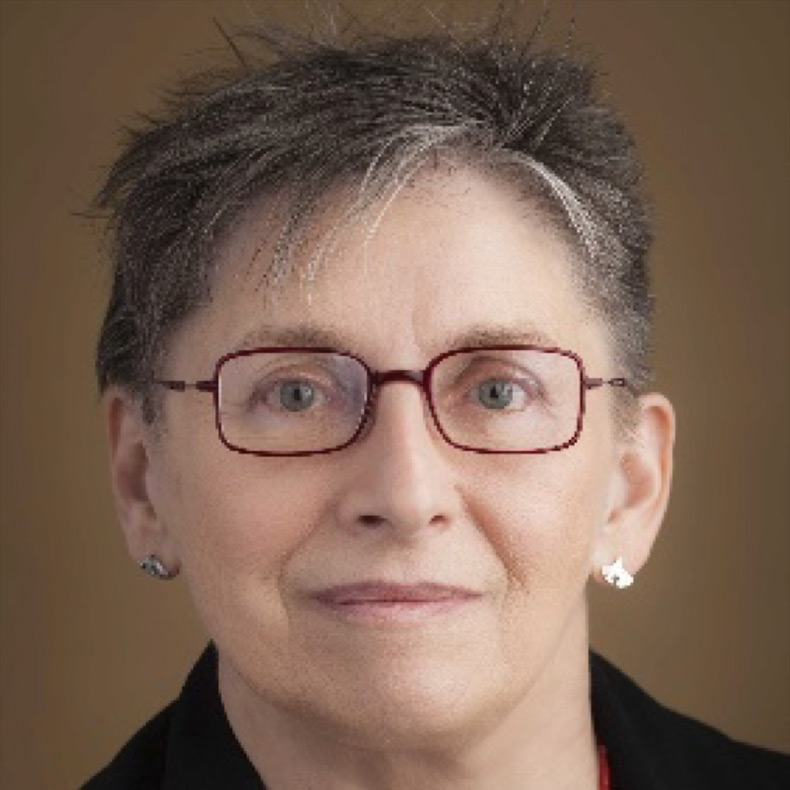
Annette McKinnon
Toronto, Ontario
Annette has been an active patient partner since retirement. After years of living with Rheumatoid Arthritis and Sjogren’s Syndrome she wanted to share her strategies for dealing with chronic disease. Her blog called Rheutired and becoming active on Twitter (@anetto) was the road to active involvement in patient and research issues.
In 2017 she was a co-founder of PAN, Patient Advisors Network, which builds citizen-patient capacity and leadership as Canada’s only independent network for patient and caregiver partners and continues as a board member.
She is a patient partner on research teams. a member of the Ontario SPOR Support Unit Patient Partner Advisory Council and a grant reviewer for CIHR and The Arthritis Society. She has been a Health Mentor for the Interdisciplinary Education Program of the University of Toronto for the past 12 years, and now is part of the IPE (Interprofessional Education) Curriculum Foundational Working Group for the University of Toronto.
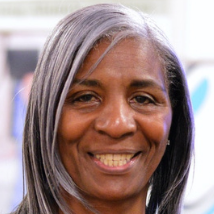
Donalda MacIsaac
Halifax, Nova Scotia
Donalda has been a dedicated, full-time healthcare and social change advocate for her entire adult life, and has served in a variety of roles in local, provincial and national organizations. She is a Patient Advisor with Nova Scotia Health, and sits on the board of Canadian Association for Retired Persons (CARP) and other boards. She hosts a weekly radio show and is the co-founder of the QE2 Diversity in Health Care Bursary.
Donalda joined PAN’s Board in 2024.
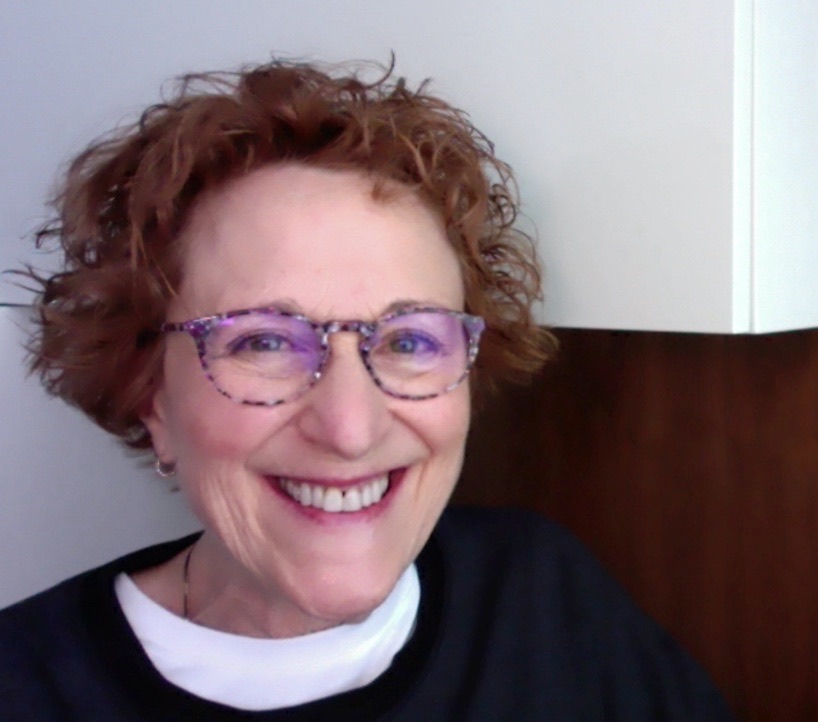
Co-Chair
Donna Rubenstein
Bedford, Nova Scotia
Donna is committed to demonstrating the transformative value of the patient and community voice through partnerships in all aspects of healthcare. Her views are shaped by personal experience as a patient and caregiver as well as a career working internationally bridging cross cultural differences in business practices. PAN and the people she met through the network inspired her patient partner journey –helping her see new and bigger possibilities. She wants others to have the same experience.
She is involved with projects at the provincial and national level. These include the Patient Public Partner Council for the Maritime SPOR Support Unit, Nova Scotia Health Patient Family Advisor Building Connections Committee, Virtual Health Innovation projects (Nova Scotia Health and the Centre for Digital Health Evaluations) and primary care research related to interdisciplinary models of care.

Maxime Lê
Ottawa, Ontario
Maxime Lê has been a patient partner at The Ottawa Hospital and Ottawa Hospital Research Institute since 2017. He has also been co-chair of the Ontario Health East region Patient and Family Advisory Council since 2021. In 2023, he joined the Equity in Health Systems Lab as patient partner and investigator. Maxime has been a PAN board member since 2018.
Being francophone, racialized, and living with chronic illness and an invisible disability, Maxime applies his experience of intersectionality into the work he does, specializing in health communication. Professionally, Maxime is founder and principal consultant at Lê & Co. Health Communication, where he wears his patient partner and health communicator hats to rebuild trust and improve how healthcare services are delivered and how health research is conducted with and for all people in Canada.
He holds a Master of Arts in Communication, specializing in Science, Society and Policy from the University of Ottawa since 2021, and an Honours Bachelor’s degree in Health Sciences since 2018. He has earned additional certificates from Yale School of Public Health and Harvard Business School Online.
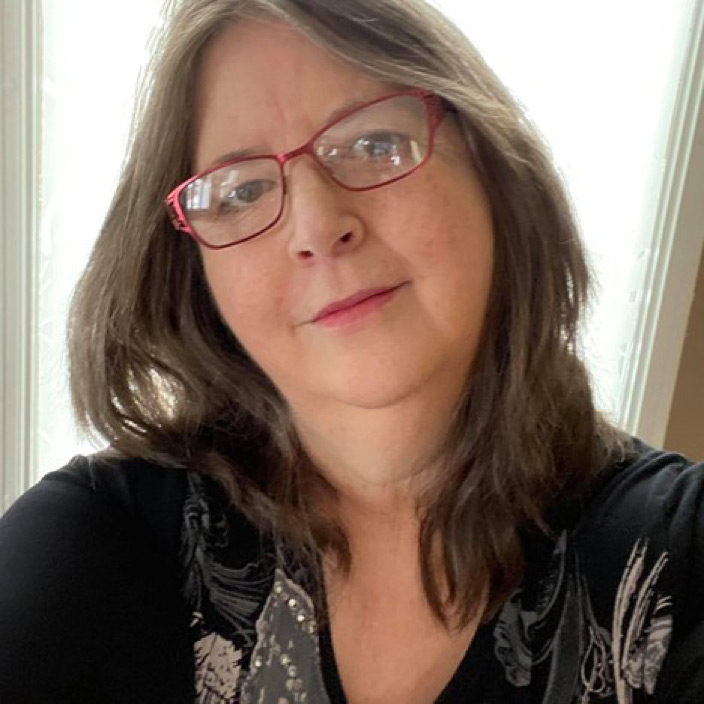
Sandra Holdsworth
Gravenhurst, Ontario
Sandra has been a patient advocate for organ & tissue donation for over 25 years, however, she became a Patient Partner in 2016 in her role as the Patient Partner Co-Lead with the Canadian Donation Transplant Research Program (CDTRP).
As she developed her skills and gathered more lived experiences within the healthcare system as a whole, she started to partner with: Health Standards Organization, Clinical Trials Ontario, Muskoka and Area Ontario Health Team, RISE CoP Meeting Planning Committee and most recently with the Ontario Minister of Health PFAC.
Some of the other work she has been involved in includes health system transformation as part of her local Ontario Health Team and regional and provincial tables.
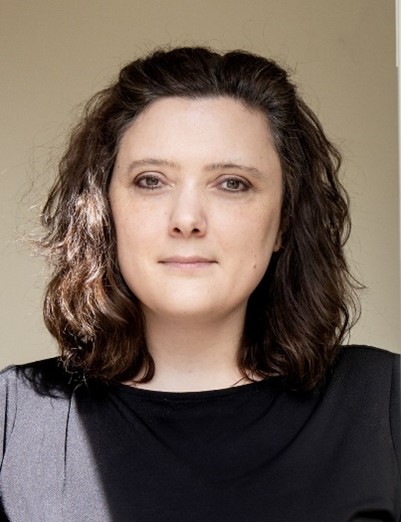
Susan Palijan
Milton, Ontario
Susan is a caregiver, researcher, and lifelong learner. Since 2015, she has been active in local, provincial and national organizations that promote the inclusion of caregiver partners in the health system. This includes being a Patient and Family Advisor with Halton Healthcare, co-chair of Halton Healthcare’s Patient and Family Advisory Council (PFAC), member of Connected Care Halton’s Ontario Health Team PFAC, member of the Ontario Minister of Health’s PFAC and an advisor for Ontario Health atHome. She is an active volunteer with the Ontario Caregiver Organization and member of the Canadian Centre for Caregiving Excellence’s Caregivers CAN Advisory Network.
Susan has nearly 20 years of research, evaluation and strategic policy experience in the education, health, and social services sectors. This includes senior advisory and leadership roles in the provincial and regional/municipal government levels. She is skilled in strategic planning, project management, research, program evaluation and stakeholder engagement. Susan is a Credentialed Evaluator and Prosci Change Management Practitioner. She is currently a PhD student in a health systems research program at the University of Toronto. Her research focus is on the experiences and well-being of family caregivers of relatives with mental and substance use disorders.
Susan re-joined the PAN Board in November 2024.
